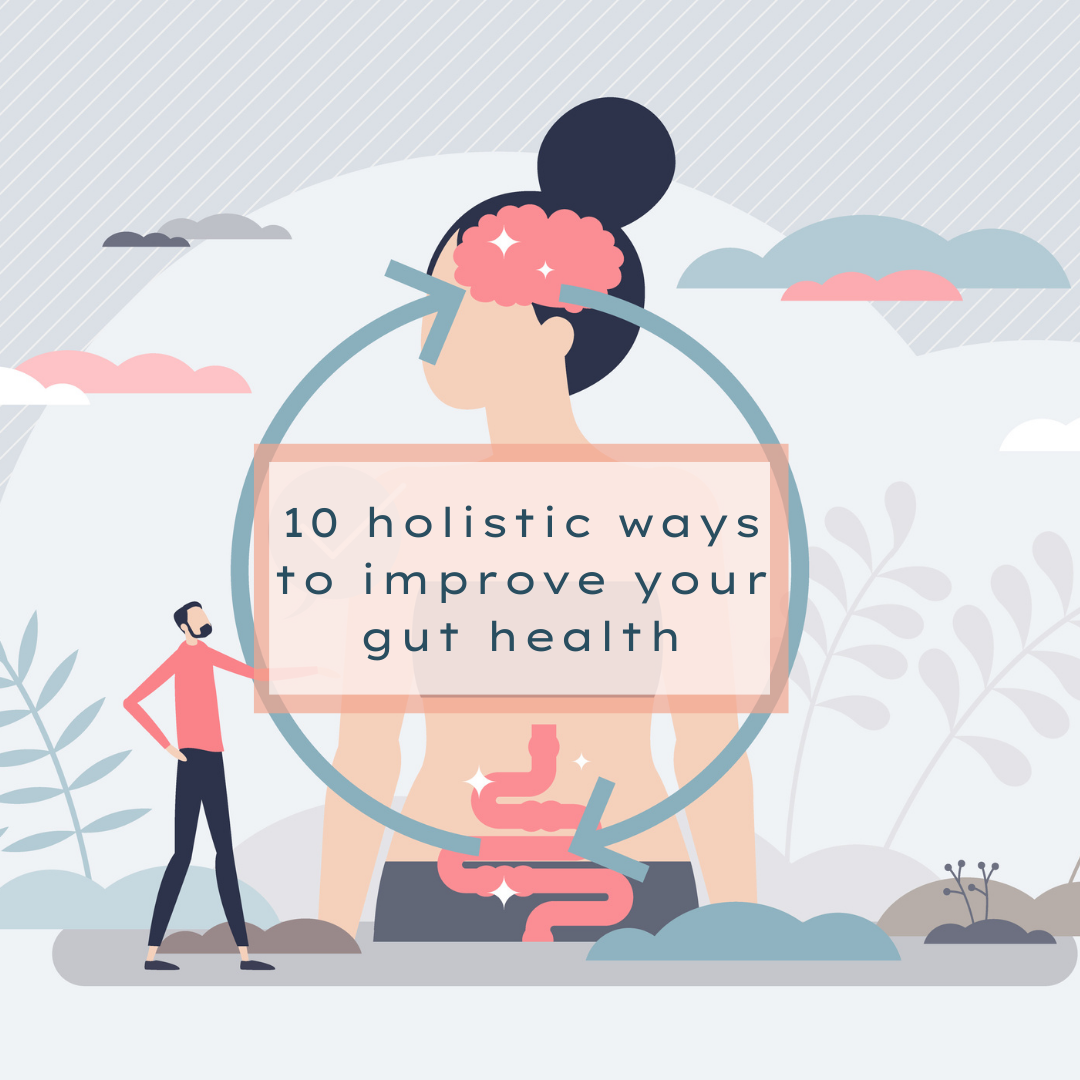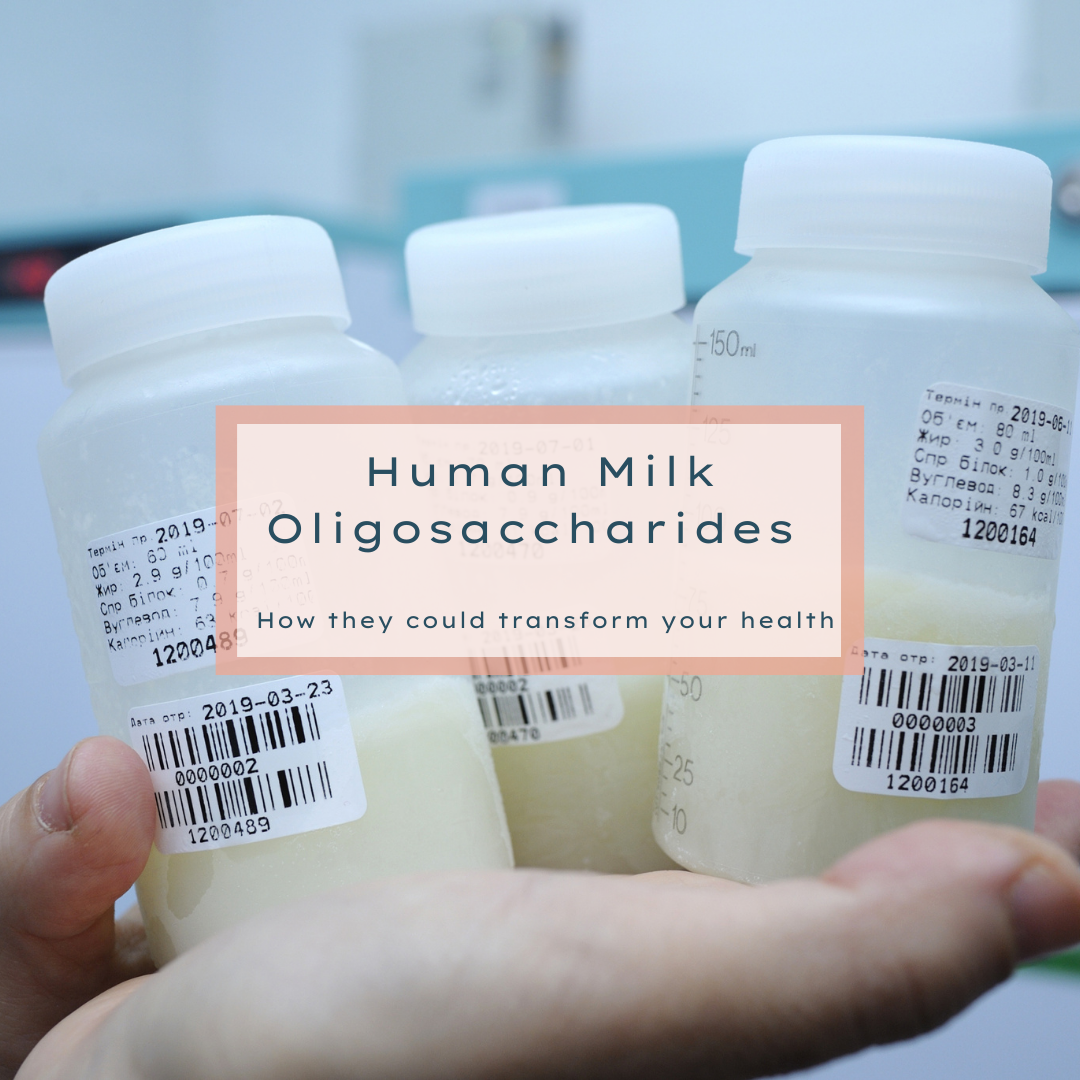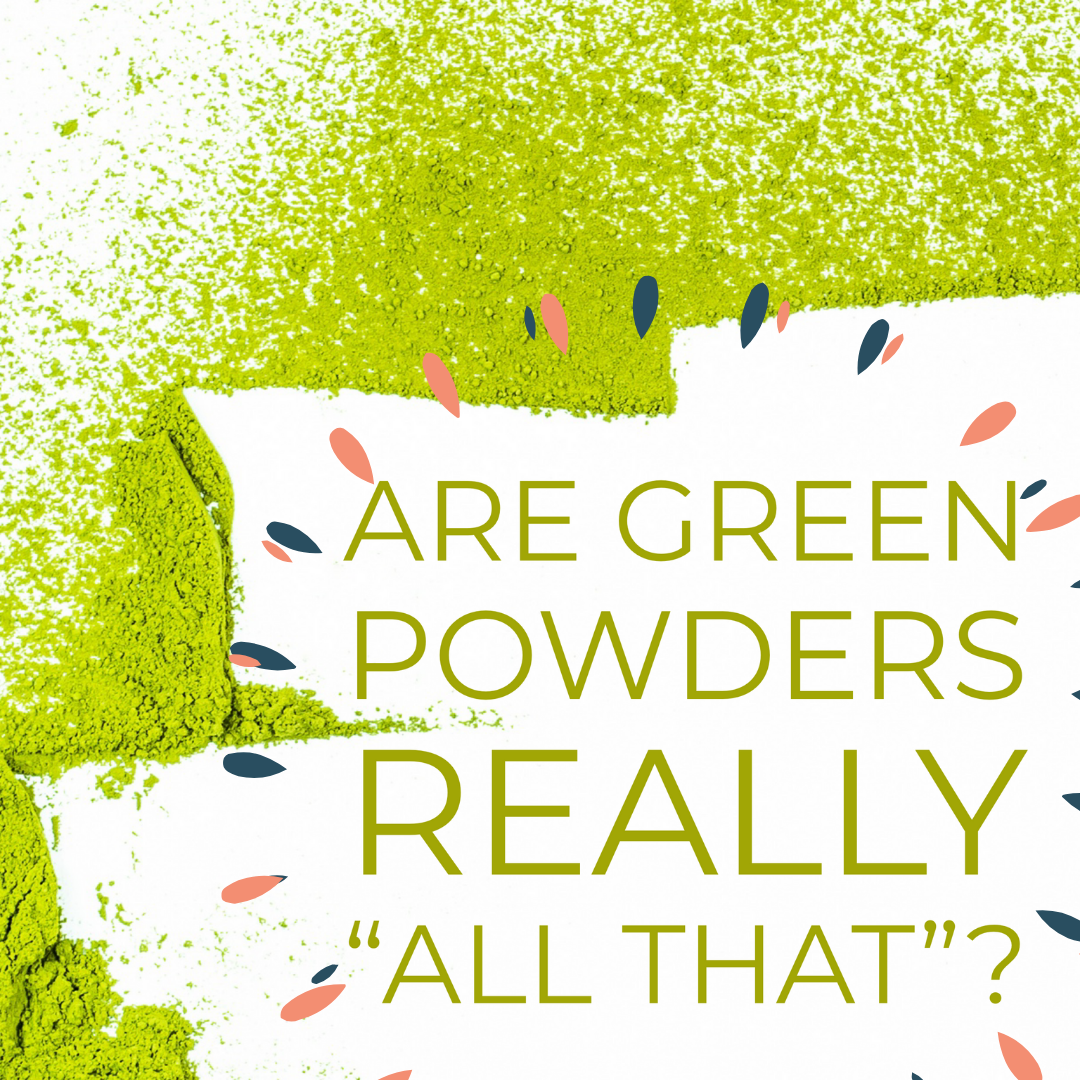Today we are doing a deeper dive into the topic of sugar. If you have a sweet tooth, like most people do, especially right now around the holidays, maybe understanding how sugar undermines your health will motivate you to keep a lid on the cookie jar this season. Or in my case, to stay away from the peanut brittle and dark chocolate peppermint bark!
One of the most obvious reasons why sugary foods and drinks can undermine your health, is that they tend to be high in calories but not all that filling, and that makes it easy to overconsume them. We call those, empty calories, and those empty calories can cause you to gain weight.
Another way that sugar negatively impacts nutrition and health is that it displaces other healthier foods. People often eat sweets instead of other things that are more nutritious and as a result their overall nutrition suffers. On the other hand, if you replace the sugary foods with things that are more nutritious, you would greatly improve the nutritional quality of your diet.
But, it’s not just the empty calories that are the problem, even the excess calories can be doing you some harm! Even if you are getting all the nutrients you need and you are only consuming enough calories to maintain a healthy weight, eating a lot of sugar is still bad for you! Let’s talk about the 5 main reasons why:
Number 1: sugar suppresses the immune system. When you have a big dose of sugar like a bottle of coke or a candy bar, you temporarily disable your immunes systems ability to respond to challenges, and the effect lasts for several hours. So, if you eat sweets several times per day, your immune system may be perpetually at a disadvantage.
Number 2: Sugar promotes inflammation. Inflammation, which is part of the immune response, is not always a bad thing, but eating sugary foods can fuel excessive and inappropriate inflammation that serves no useful purpose and promotes aging and disease. In short, cutting back on sugary foods can help your body cut back on unnecessary inflammation.
Number 3: sugar suppresses the release of human growth hormone. You know those Instagram pictures or online ads that show some super buff guy, saying that he feels like he is 30 again but he is actually hitting 70? There is a very big chance that he is injecting himself with human growth hormone. He is also probably following a strict diet and spending a couple of hours a day in a gym and using lots of self-tanner. But there is no doubt that hormone shots have a lot to do with his physique. Although, the effects can be dramatic, hormone treatments are expensive and risky depending on your health. If you are looking for a more cost effective and natural way to slow down the aging process, you definitely want to naturally increase your bodies production of human growth hormone by avoiding foods that are high in sugar! Of course, exercising, meal timing, and trying to manage stress effectively will also help as well.
Number 4: Sugar promotes something called: glycation. I know that is a strange word but think of it like this. Sugar molecules treat your body like single people at a bar. Once they get into your blood stream, they start cruising around, looking for things to hook up with, like, attractive protein and fat molecules. The “hook up” is known as glycation, and like most one-night stands, the end results aren’t pretty. These glycated molecules act like drunken college freshmen. Running around your body, breaking things, and wreaking havoc. These molecules produce toxic compounds called advanced glycation end products, or AGES, and that is possibly the most poetically just acronym in all of biology, because AGES molecules essentially throw the aging process into fast forward. Now, a lot of the damages done by AGES is irreversible, and if THAT doesn’t motivate you to walk away from the candy bar at the gas station, I don’t know what would.
Finally, number 5: Sugar raises insulin levels. An influx of sugar into your body will have a fairly predictable result. Your sugar levels are going to go up. Shortly after this, your pancreas will release a bunch of insulin to help clear that sugar out of your blood and into your cells. As your blood sugar levels go down, insulin levels return to normal. But when you eat A LOT of sugar, your body will constantly be calling for more insulin, and that can backfire on you in a couple of ways. One, overtime it takes more and more insulin to get this process done. Eventually, your pancreas may just stop responding to the call entirely… congratulations, you are now an insulin dependent diabetic. And along the way, your cells and organs have been exposed to chronically high insulin levels which, guess what, accelerates the aging process.
Well, now that I’ve scared the living crap out of you. Let me put all of this information into a slightly easier to digest perspective. A small serving of sugar or the occasional sweet treat is not going to instantly translate into a new wrinkle or trigger multiple organ failure. That little horror show I just described, is what happens when your diet is chronically high in sugar. So, what counts as high? Well the USDA and world health organization suggests you keep your sugar intake to no more than 10% of total calories, for most people that’s about 50 grams of sugar. Which is also the amount in one, 20 ounce bottle of soda. Or about 28 small gummies or hard candies… not that I’m counting, or anything. Now, if you are overweight or have any other risk factors for heart disease or diabetes, it might be wise to keep your sugar intake even lower. Something closer to 5% or 25 grams of sugar.
Now there is one circumstance where the negative effects of sugar are mitigated, and that Is after a strenuous workout. A vigorous workout creates a situation in which sugar is very efficiently metabolized, assuming that you are not diabetic of course. Instead of hanging around in your blood stream looking for trouble, sugar consumed after you exercise is taken up very quickly by the muscles you just used. And on top of that, exercises sensitizes your cells to insulin. The exact opposite of the desensitizing effect that chronic sugar intake has. In fact, consuming some simple sugars after a workout along with some protein is a good way to enhance your recovery. In a perfect world of course, you should choose natural nutrient dense sources of sugar like fresh fruit. But, if one day you just have a hankering for Swedish fish or sour patch kids, use it as your reward immediately after your workout. But sparingly!
If you’d like to listen in to this episode, tune into the Bites Radio podcast above. If you’d like to keep up to date on all the latest, comment or join the conversation, be sure to head over to the bites radio Facebook page, or follow me on Instagram! And lastly, if you liked todays blog post or previous posts, be sure to subscribe to the Bites Radio podcast for weekly bites of nutrition knowledge!





